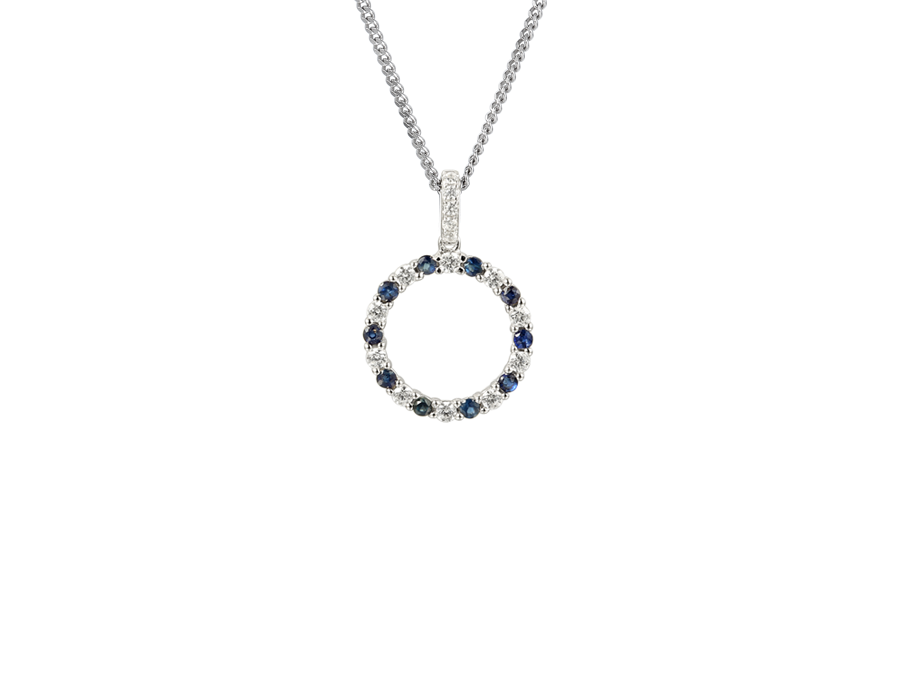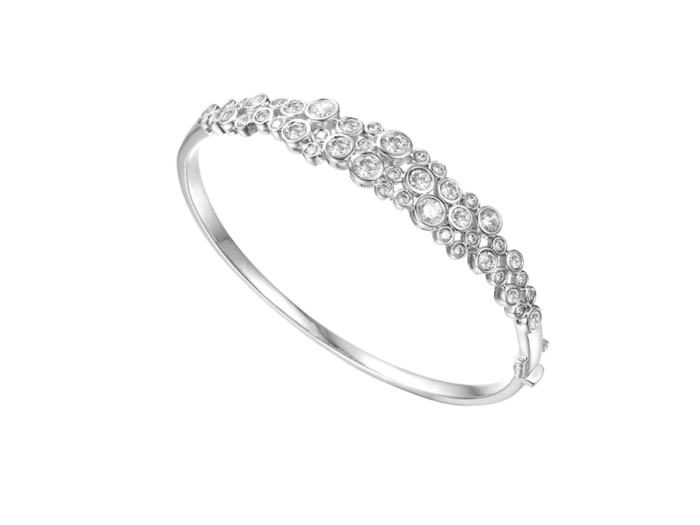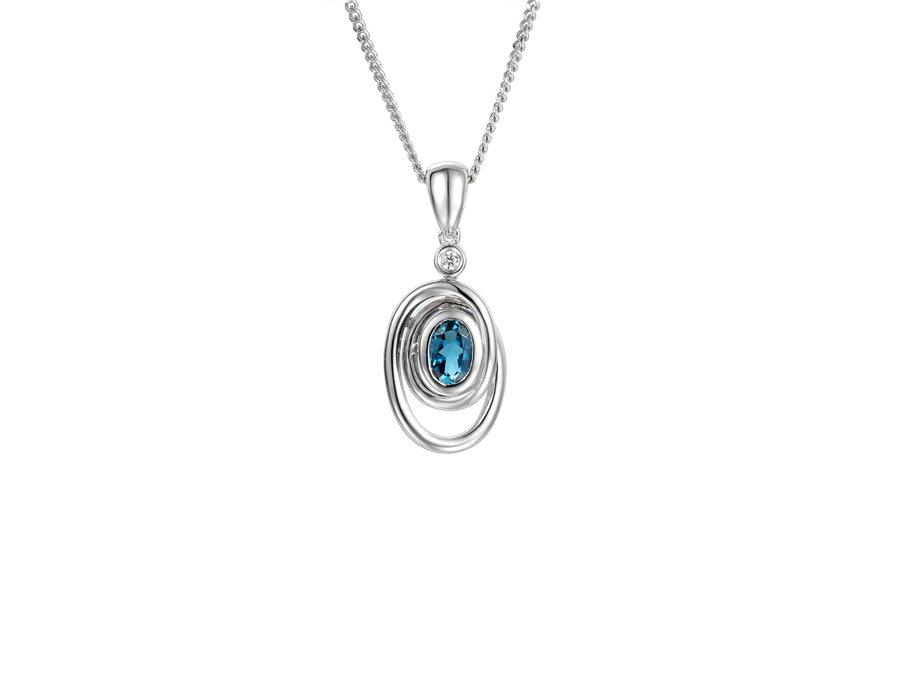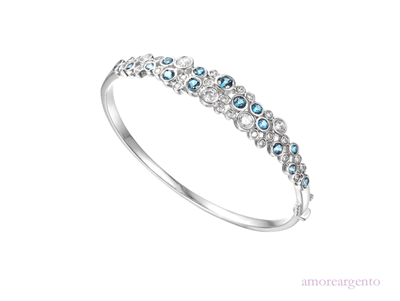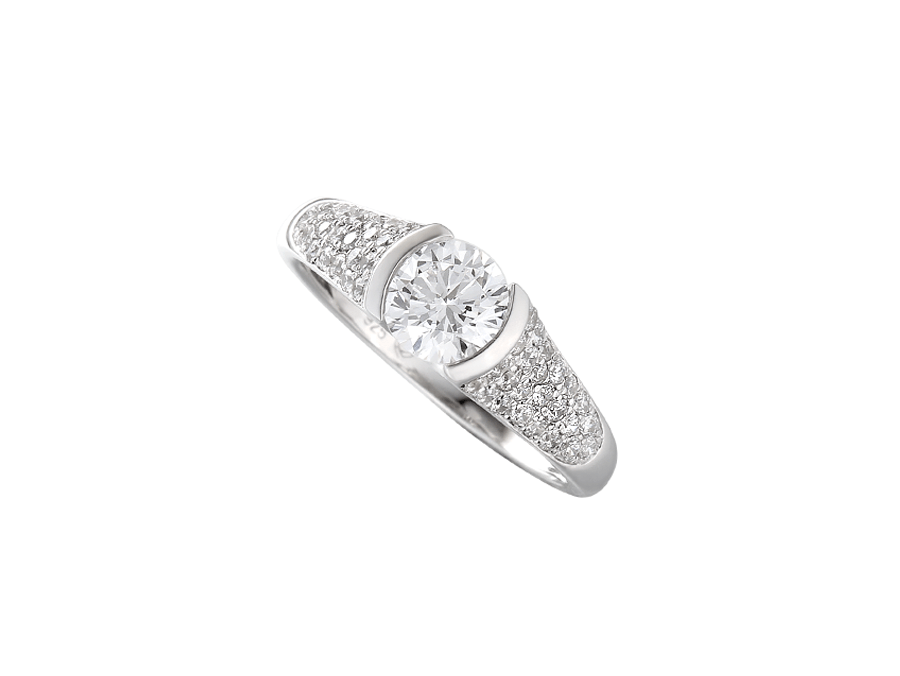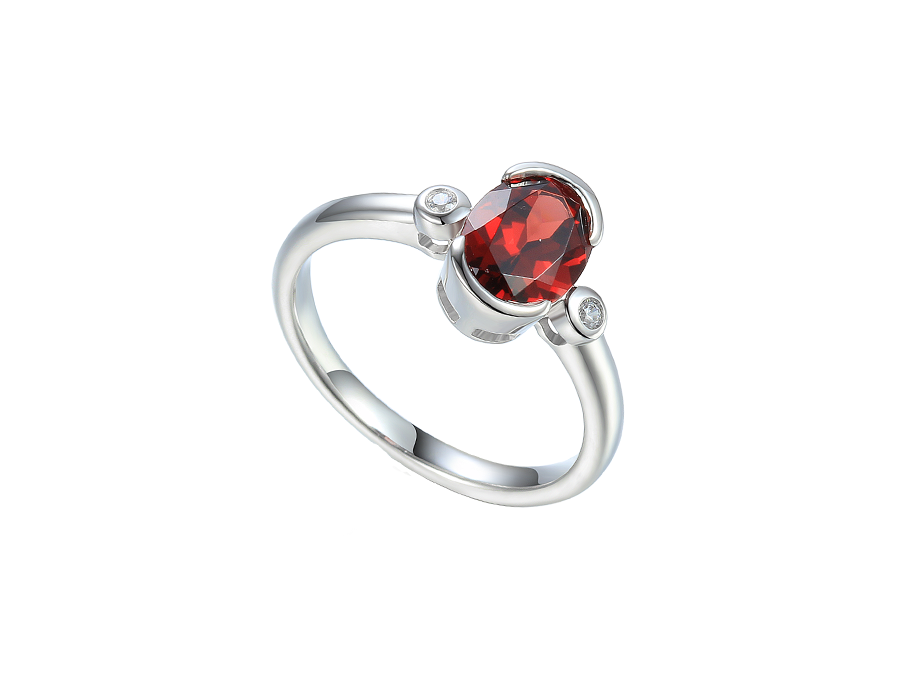We use cookies to make your experience better. To comply with the new e-Privacy directive, we need to ask for your consent to set the cookies. Learn more.
Piercing – What You Need To Know
We know not everyone has, or wants to have pierced ears and that's why we have a choice of gorgeous clip on earrings with a special comfort back which keep them secure on your lobes all day without pinching. There are various reasons why someone might not want to pierce their ears, from cultural reasons to a fear of needles and the pain. Some people just don't want to deal with the aftercare, which can last for 6 – 8 weeks following a normal lobe piercing before you can change the studs, while others don't like the idea of having permanent holes in their ears. There's also the issue of the holes closing up after a period without wearing earrings, so for people such as competitive athletes managing the aftercare alongside intense training may not be feasible.
A lot of people assume that your teenage years are the time to get your ears pierced, and in England there is no age limit on having your ears pierced, including cartilage piercings. Eyebrow, nose and navel piercings also have no age limit, although body piercing shops do have the right to refuse to pierce someone. Other body piercings have to wait until the person is 18. It's never too late to get your ears (or anywhere else) pierced and in fact it may be better to wait until you are older and better able to care for the piercing properly.
Most high street jewellers offer ear piercing services, carried out by trained members of staff. Piercing guns are still used by some piercers, but there is the risk that the piercings might not be exactly symmetrical as it is not as easy to aim with the gun as it is to use a needle. Body piercers working in specialist shops and in tattoo studios have a lot more experience in piercing every part of the body you can imagine, making them the more popular place to go whether it's a standard lobe piercing or something more exotic.
Professional body piercers will also have a dedicated, sterile environment, a wide range of jewellery to choose from, and the experience to calm a nervous newbie. They also have a range of kit to use, including needles of various sizes and piercing guns, which means if something doesn't quite go to plan (such as your lobe not fitting in the gun) they can use a different technique instead, and this choice is not available on the high street.
Lots of people take friends with them for moral support when getting a piercing, but it's best to go alone because your friends can be less than helpful if they start feeding off your nerves. Many professional piercers and tattooists won't allow friends in the room because of the distraction, so you're best off going alone and maybe meeting a friend afterwards. Make sure you eat something before you go, because the shock of being pierced (by which we don’t mean pain as it doesn't hurt that much, we promise) can affect your blood sugar and make you feel light-headed.
The timing of your piercing is important because you'll have to stay away from the swimming pool, and away from any sports that require headgear until the piercing has healed. Don't get anything pierced just before you go on holiday or a festival where you may struggle to keep it clean all the time. You will need to commit to regularly cleaning and turning the piercing jewellery, to ensure a smooth healing process and this can take up to 8 weeks before the hole is healed enough to change the jewellery.
With proper aftercare most piercings heal up with no problems, but do keep an eye out for signs of infection. Pale yellow, clear or white crusts around the holes are totally normal, but if you notice discolouration around the site or unusual oozing get it checked out by a medical professional. You should also expect some small amount of pain and soreness around the site for a couple of weeks as it heals.
Once your piercing is healed you can have fun experimenting with all styles of jewellery, and you may find you want another piercing soon after. If this all sounds too much, stick to our classy clip-ons and save yourself the bother.








